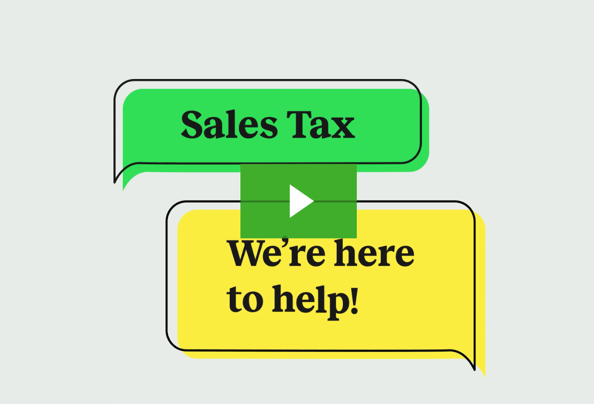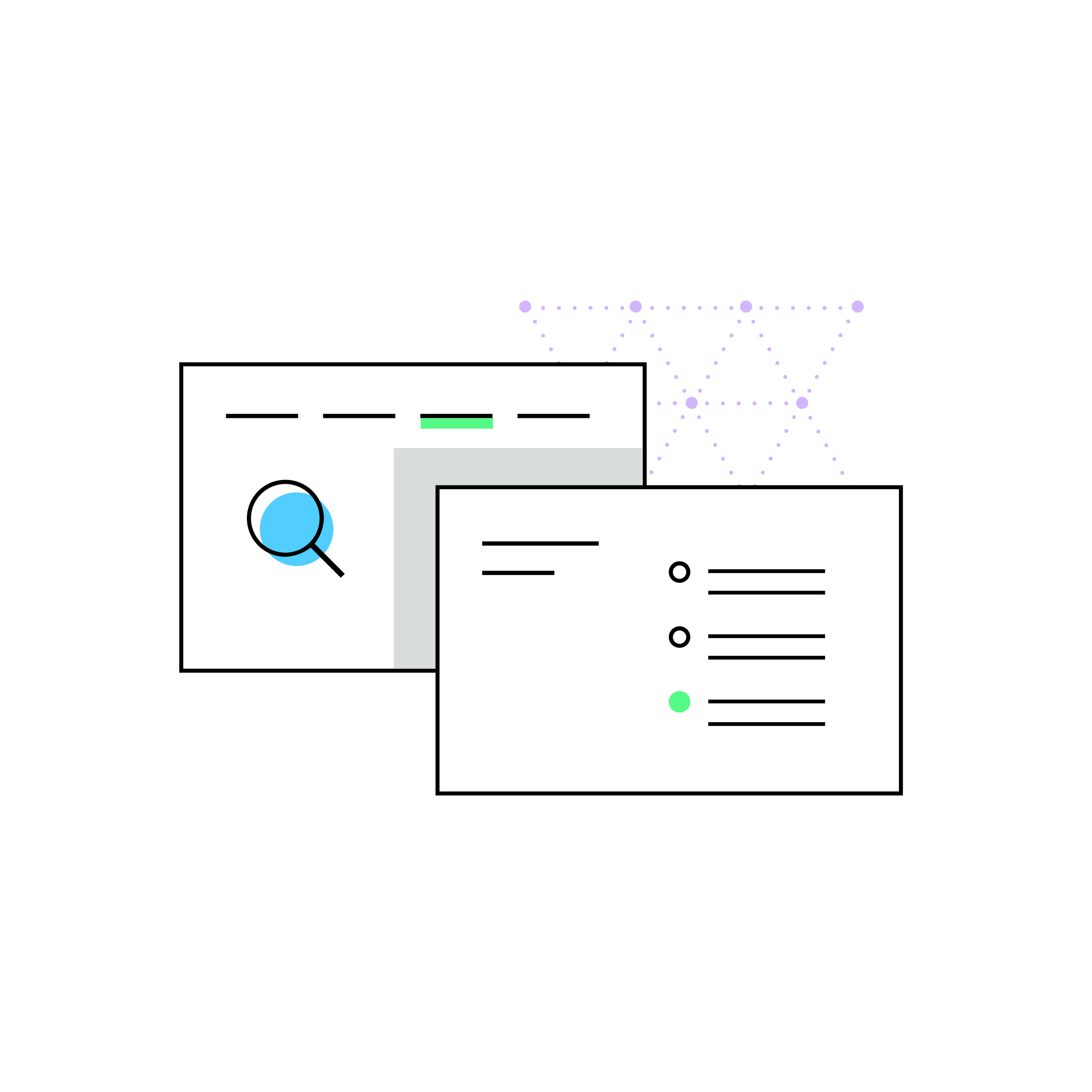What Amazon’s Purchase of Whole Foods Means for FBA Sales Tax
by November 1, 2020
Amazon made headlines last week when they unexpectedly announced they would purchase grocery retailer Whole Foods in a $13.7 billion deal. Here at TaxJar, we’ve already been asked how this will impact Amazon FBA sellers when it comes to sales tax.
The good news is that Amazon’s purchase of Whole Foods will not affect an Amazon 3rd party seller’s sales tax liability at all!
If that’s all you wanted to know, then you’re all set. But if you’re a big sales tax nerd like I am, I’ll explain:
3rd party Amazon sellers are required to collect sales tax in states where they have sales tax nexus. Amazon creates sales tax nexus by storing 3rd party sellers’ products for sale in Amazon fulfillment centers. (Every state except New York considers storing inventory for sale in a state to create sales tax nexus. You can read exactly what each state has to say about sales tax nexus here.)
In this case, Amazon is purchasing another retailer, Whole Foods. Presumably, Amazon will continue to use it’s fulfillment network to store 3rd party sellers’ products. They’ll probably start storing Whole Foods products there, too, (or perhaps in their Amazon Fresh facilities.) But it is unlikely that Amazon would store their 3rd party sellers’ products within Whole Foods retail stores. Amazon logistics is a finely tuned machine, and it seems doubtful they’d add 3rd party products to the inventory at a brick and mortar Whole Foods store. Of course, if that appears to change, we will keep you informed!
Do you have questions or something to say about Amazon’s purchase of Whole Foods? Start the conversation in the comments!








